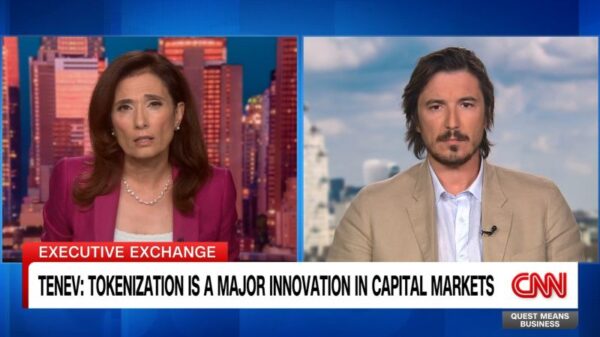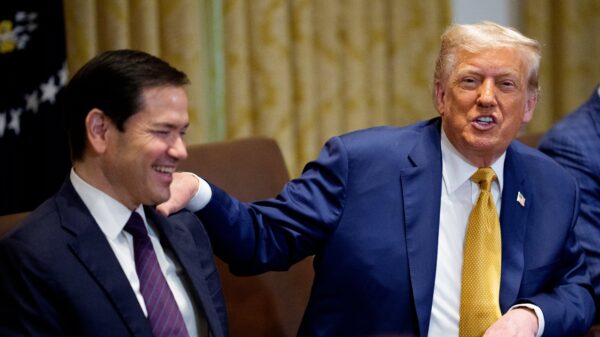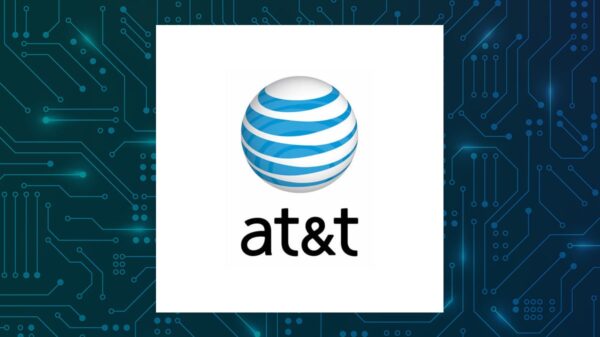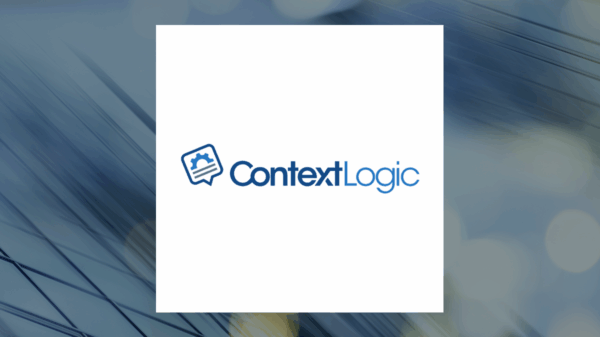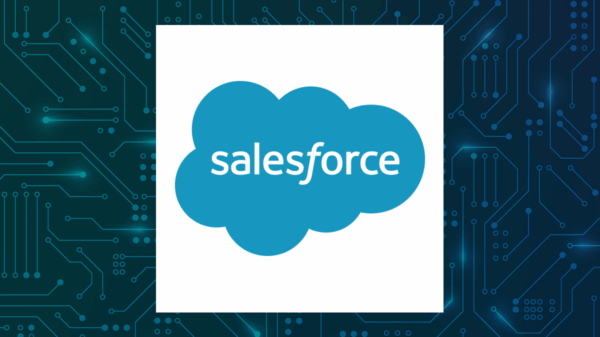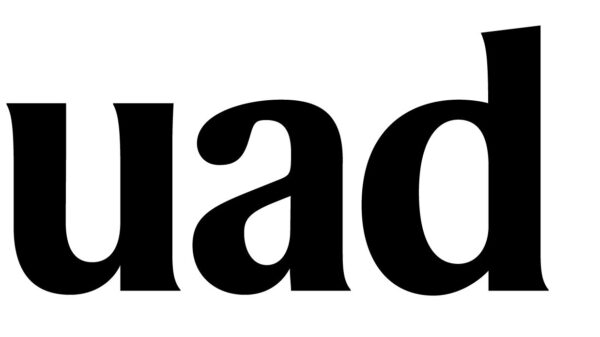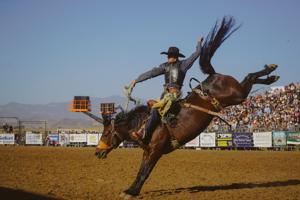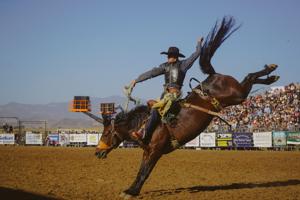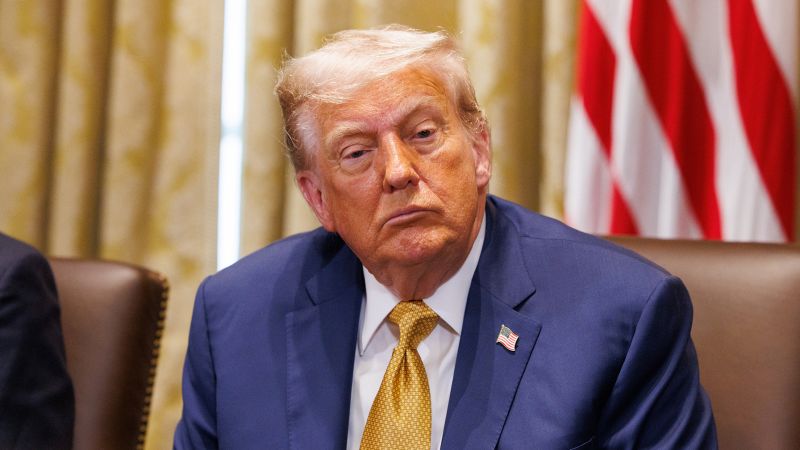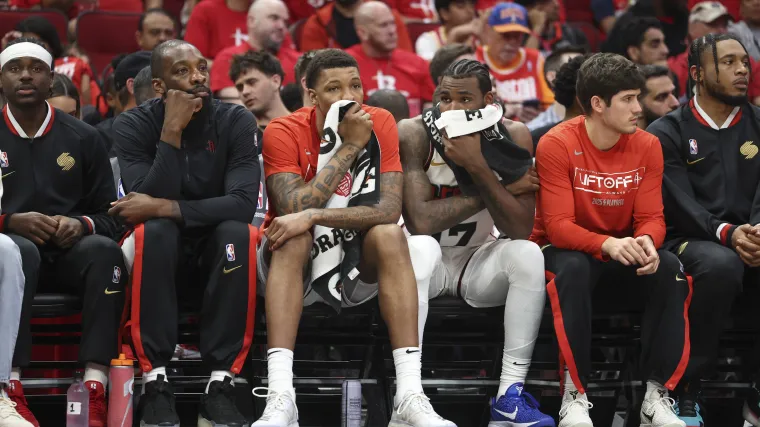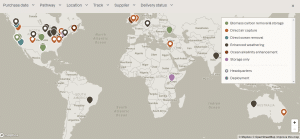President Donald Trump has reignited discussions around tariffs on a range of imports, threatening significant duties that could impact various sectors from copper to pharmaceuticals. This renewed uncertainty has led to what is commonly referred to as the “TACO trade,” an acronym for “Trump Always Chickens Out,” which reflects investor skepticism about the likelihood of these tariffs being implemented.
In recent communications, Trump sent letters to countries including Japan and South Korea, signaling a potential imposition of tariffs set to take effect on August 1, 2025. Despite these warnings, Wall Street has shown a muted response. Many investors are betting on Trump’s historical pattern of retreating from his most aggressive threats.
Michael Block, a market strategist at Third Seven Capital, explained in a phone interview with CNN that Trump has a tendency to create a sense of impending crisis only to ultimately retract his threats. Block noted, “He steers us toward disaster and then — at the last minute — steers us away from disaster and says, ‘Look, I saved us.’” This dynamic was evident in early April when Trump’s announcement of high tariffs led to a market panic, prompting him to freeze those tariffs after just 90 days, which resulted in a significant market recovery.
As Trump’s latest tariff threats emerged, US stocks experienced a slight decline on Monday, marking a modest pullback from all-time highs. The market reaction was not as severe as seen earlier in the year, suggesting that investors may not see these threats as credible. On Tuesday, despite Trump’s proposal of a 50% tariff on copper and potential duties of up to 200% on pharmaceuticals, markets remained stable.
Ed Mills, a Washington policy analyst at Raymond James, emphasized that the lack of panic in the markets reflects a broader expectation that Trump will back down. “At the end of the day, no one really anticipates most of these tariffs will go into effect,” he stated. This belief in the TACO trade is prevalent among investors, but it raises concerns about the implications of a complacent market.
The situation presents a complex dilemma. If investors collectively anticipate that Trump will not follow through on his tariff threats, there may be insufficient market pressure to compel him to reconsider decisions that could negatively affect the economy. Bob Elliott, CEO of the alternative investment firm Unlimited, pointed out on social media that the TACO consensus is already factored into current market prices. He cautioned, “Trouble is, without the pain of falling markets, he won’t chicken out.”
Trump’s awareness of the TACO trade was evident when he reacted defensively to a question about it in late May, calling it the “nastiest question” he had faced. Subsequently, as investor reactions remained tepid following his tariff letters, he took to Truth Social to assert that “TARIFFS WILL START BEING PAID ON AUGUST 1, 2025,” declaring that no extensions would be granted.
Despite Trump’s insistence, investors remain skeptical. Ed Yardeni, president of Yardeni Research, remarked that there is “far less panic” in markets today compared to April because many believe Trump is unlikely to jeopardize the economy or his political standing. Yardeni characterized the current situation as part of Trump’s negotiation style, suggesting it is more bluster than actual intent to impose tariffs that could lead to economic downturns.
There remains a risk that, without strong market reactions, and buoyed by generally positive economic indicators, Trump might proceed with the tariffs investors are currently betting against. As the situation unfolds, the TACO trade continues to shape market expectations and responses, highlighting the intricate relationship between political maneuvering and economic stability.




